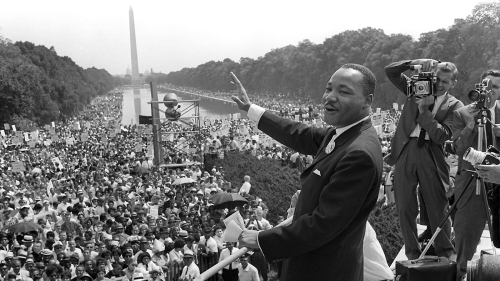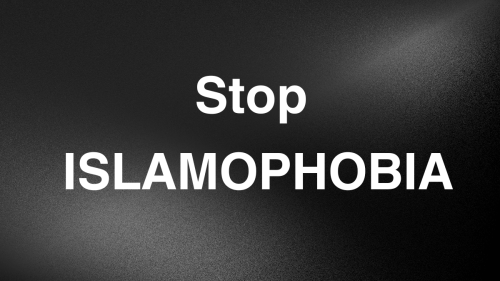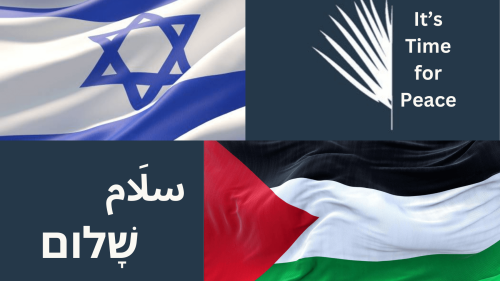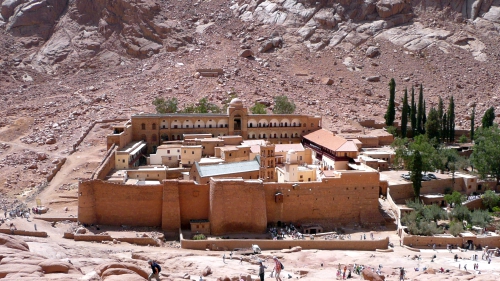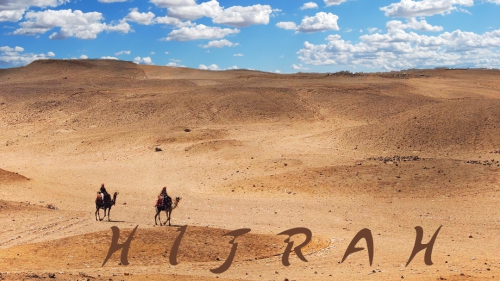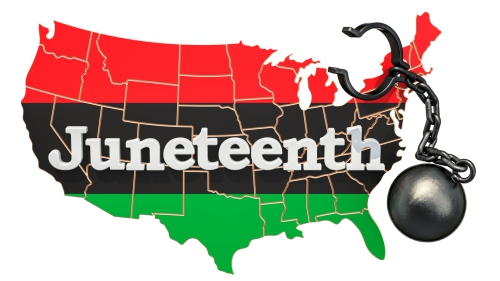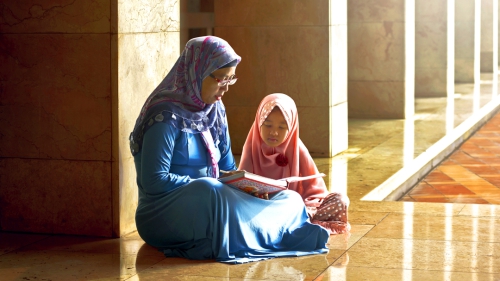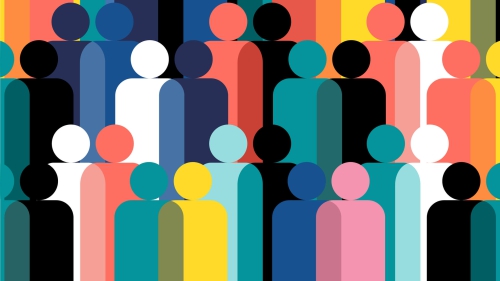Working together: Some thoughts and reflections

Here is a parable. The narrative seems all too familiar.
Once upon a time there was a community that lived in relative peace and tranquility. People worked together. They got along pretty well and trusted each other. More or less everyone in the community felt happy and contented. By and large corruption was missing from this community. So were such psychological ills as prejudice, ego, or envy among its people.
There was transparency and accountability in their decision making. Difference of opinion was not only tolerated but was considered an asset. People deeply respected each other no matter what their differences. They conducted their business in a civilized and peaceful manner. As a consequence, this community prospered and flourished like no other community around them… Then something happened.
Some ‘holier-than-thou’ individuals were not satisfied by the prevailing peace and tranquility in the community and the overall solidarity and openness in its ranks. They felt tradition and spirituality were missing from the picture. To them the community was too progressive, too liberal. These individuals felt obliged to do something about it.
They, therefore, eyed for the leadership of the community. First, these individuals brainwashed people into believing that they were the community’s real well wishers. Promising to work for the welfare of the community and claiming to promote spiritualism these individuals were easily able to garner people’s sympathy and support for their ulterior motives.
The situation started deteriorating though for the people when these few individuals started exerting their new leadership over the community. As it is usual, most people preferred to remain complacent and ignored the early warning signs. And by the time they did realize what had happened it was too late. The community as a whole felt powerless and weak, and divided.
In the mean time the neighboring community was carefully watching what was happening to this community. When the time was ripe they took over this community. Since it had become weak and divided it was an easy prey for its neighbor. Like opportunists waiting in the wings they grabbed the fruits of other’s labor. The Qur’an says this is the result of not being thankful to Allah for His blessings in the first place (16:112).
The above parable repeats time and again in real life. That is why the Qur’an narrates such parables for us as lessons in human discourse. Past history of various peoples are examples of this in one form or the other too numerous to mention. Sadly, Muslims have fallen into this category.
However, nothing could be gained by lamenting at this situation as we often do. Our usual emotional reaction does not help the situation either. On the other hand, maintaining status quo works in favor of the traditionalists (followers of forefathers according to the Qur’an) and against the common people.
So what to do? Whether we like it not, we are forced to interact with each other regardless of our views. Therefore, there is bound to be friction. However, pushing to the right or left as is normal in such cases, only cause further friction. How to strike a proper balance between these complex human interactions and maintain forward movement is the key for long term peace and stability.
However, it is not easy. People have been struggling with this issue throughout human history; because, when we work collectively we face problems that often frustrate us. Even if we agree on a common goal we often find it difficult to reconcile our differences in realizing that goal. Allah made us diverse for a reason: We have to earn our humanity.
How then can we work together towards this higher goal despite our pluralism? How should we value and weigh each other’s opinions despite our diversity? How do we check our personal interests and ambitions from interfering with our collective interest? What factors hinder us from working together as a cohesive team?
These are complex questions and there are no simple answers. However, there is one factor that encompasses all these questions, and that is our ego. It feels very mysterious but its manifestations are very real. No one can deny that our ego comes into play consciously or subconsciously when we work together. We cannot avoid it or get rid of it no matter how much we may try. It is very easy for our ego to control us without our even being conscious of it. Moreover, we easily fall prey to our egos and, ironically, we tend to feel good about it. This is the real problem with the ego.
Nevertheless, we should note that nobility is rooted in humility. The Prophet (PBUH) was a very humble person. So, we must try to check our ego. But such is the grip of our ego on our hearts and minds that we often feel helpless in subduing it. In any case, no matter how difficult it may be we have to wage this battle against our ego in order to humble it. That is why our Prophet (PBUH) termed this struggle as the higher jihad. This is the only way we would be able to get in touch with our true inner selves and be closer to Allah.
But there is something else. We must always remain on guard from the mischief of the whisperer who comes quietly and blows an air of suspicion into the hearts of people and withdraws (114: 4-5). The Qur’an – the final, the eternal, the complete, and the unchangeable Book of Allah – ends with these verses. That must tell us how important it is to be on guard from such whisperers.
That would enable us to harness the creative energy that flows within us for the higher good. Only then would we be able to make the best use of the synergy that comes into play when we work together in a spirit of cooperation based on mutual respect and trust. If that happens there is no way a community, a people, or a nation cannot but prosper materially and spiritually.









